





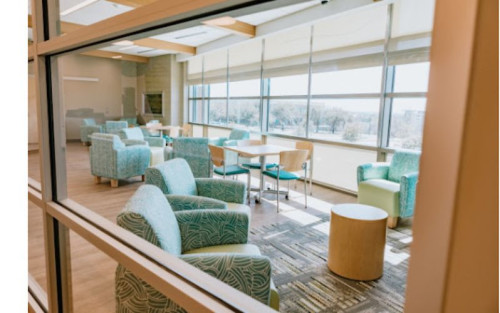
Eating Recovery Center Dallas
This provider's information has been quality-checked by Recovery.com's Research Team for accuracy and completeness, including center verification through appropriate third-party organizations.
Treatment Focus
You can get treatment for eating disorders at this center, helping you navigate symptoms, build coping tools, and restore your physical health under expert care.
Primary Level of Care
Offering intensive care with 24/7 monitoring, residential treatment is typically 30 days and can cover multiple levels of care. Length can range from 14 to 90 days typically.
Treatment Focus
You can get treatment for eating disorders at this center, helping you navigate symptoms, build coping tools, and restore your physical health under expert care.
Primary Level of Care
Offering intensive care with 24/7 monitoring, residential treatment is typically 30 days and can cover multiple levels of care. Length can range from 14 to 90 days typically.
Provider's Policy
We Are In-Network With Most Major Commercial Insurance Providers. We do not currently accept Medicaid or Medicare. To ensure you can pursue recovery, our dedicated team will work on your behalf by acting as a liaison with your insurance provider, answering your questions, and providing guidance and support every step of the way.
Eating Recovery Center Dallas
Eating Recovery Center Dallas
About Eating Recovery Center Dallas
ERC Dallas’s residential program lights the way for medically stable children, adolescents, and adults of all genders to recover from eating disorders. Clients receive 24-hour support—including continued observation and daytime medical and psychiatric supervision—from a team of experts who specialize in eating disorders and other co-occurring mental health conditions. Through personalized plans that include therapy, education, medical support, and family involvement, ERC helps clients achieve optimal physical and mental health.
Develop a Peaceful Relationship with Food
ERC helps clients find peace using both evidence-based therapies and supportive, structured meal planning. Individual, group, and family therapy sessions give clients the chance to explore what matters most to them, build coping skills, and gain insight from peers who share their struggles. Meals play a crucial role: with the support of registered dietitians, clients learn to approach food in a way that transforms it from a source of fear into a pathway toward lasting recovery.
Feel Comfortable in Healing Surroundings
Located in a family-friendly community, ERC’s residential facility is a safe, nurturing environment. Clients stay in cozy bedrooms they can personalize with items from home. A state-of-the-art teaching kitchen provides hands-on experience with meal planning and emotional regulation, and an inviting café allows clients to practice mindful eating during mealtimes. ERC staff can help families with housing logistics if they feel they should stay near the treatment center.
Continue Outpatient Care Just Steps Away
With day treatment and intensive outpatient programs also on site, ERC Dallas’s step-down model of care provides convenient support at every phase of recovery. Their day programs run 5-7 days a week and give time to practice skills in real life. For added flexibility, intensive outpatient (IOP) care is offered three times a week, allowing clients to continue school, work, or family life while receiving therapy, nutritional counseling, and supported meals.

Highlights from the Center
Highlights
These highlights are provided by and paid for by the center.
Eating Disorders Program
Center Overview
Treatment Focus
You can get treatment for eating disorders at this center, helping you navigate symptoms, build coping tools, and restore your physical health under expert care.
CARF Accredited
CARF stands for the Commission on Accreditation of Rehabilitation Facilities. It's an independent, non-profit organization that provides accreditation services for a variety of healthcare services. To be accredited means that the program meets their standards for quality, effectiveness, and person-centered care.

Insurance Accepted
Pricing and Program Length
Estimated Center Costs
The cost listed here (If your insurance does not cover care at ERC, we will work with you and your family to establish self-pay rates. We will do our best to find a financial solution that allows you to get the care you need and deserve.), is an estimate of program cost. Center price can vary based on program and length of stay. Contact the center for more information. Recovery.com strives for price transparency so you can make an informed decision.
Meet your care team
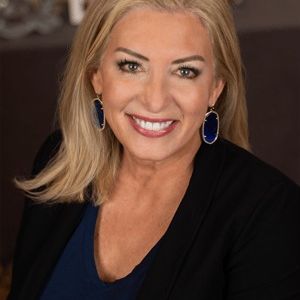
Stephanie Setliff
Regional Medical Director
MD, CEDS
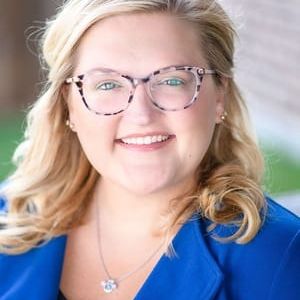
Alyssa Aakre
Director of Operational Excellence

Tyler Wooten
Medical Director
MD
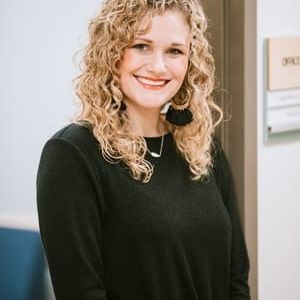
Leslee Marcom
Regional Clinical Director
PhD, CEDS-C
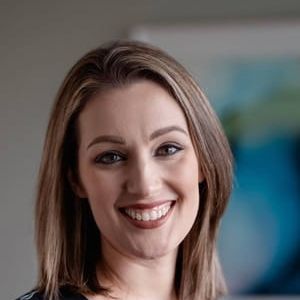
Jennifer Vittitow
Regional Nutrition Director
RD, LD, CEDS-C
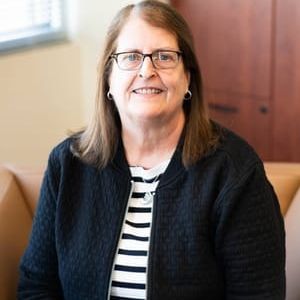
Ramona Weatherford
Regional Vice President
LCSW, CEDS-S
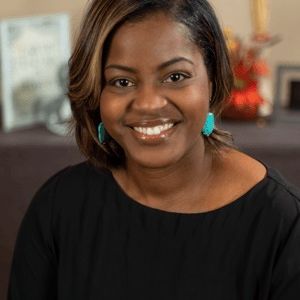
Jamie Phillips
Regional Nursing Director
RN
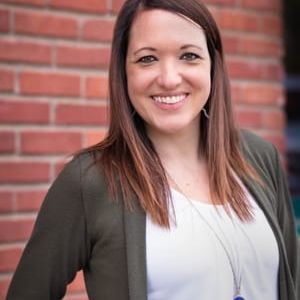
Sally Fleck
Clinical Director
PhD
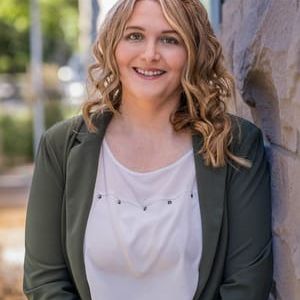
Heather VanHooser
Chief Nursing Officer
MBA, MSN, RN

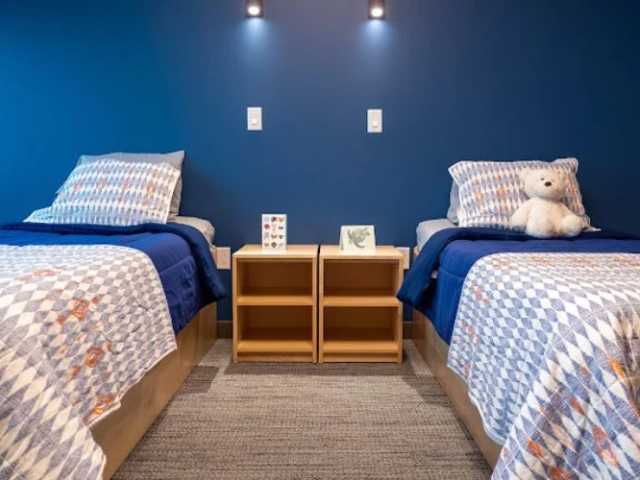


Levels of Care







Treatment
Specializations
Co-Occurring Disorders
A person with multiple mental health diagnoses, such as addiction and depression, has co-occurring disorders also called dual diagnosis.
Eating Disorders
An eating disorder is a long-term pattern of unhealthy behavior relating to food. Most people with eating disorders have a distorted self-image.
Family Therapy
Family therapy addresses group dynamics within a family system, with a focus on improving communication and interrupting unhealthy relationship patterns.
Licensed Primary Mental Health
Some primary care providers offer mental health diagnosis and treatment. This can prevent patients from developing more serious conditions.
Who We Treat
Adolescents
Teens receive the treatment they need for mental health disorders and addiction, with the added support of educational and vocational services.
Children
Treatment for children incorporates the psychiatric care they need and education, often led by on-site teachers to keep children on track with school.
Men and Women
Men and women attend treatment for addiction in a co-ed setting, going to therapy groups together to share experiences, struggles, and successes.
Approaches
Evidence-Based
A combination of scientifically rooted therapies and treatments make up evidence-based care, defined by their measured and proven results.
Family Involvement
Providers involve family in the treatment of their loved one through family therapy, visits, or both–because addiction is a family disease.
Individual Treatment
Individual care meets the needs of each patient, using personalized treatment to provide them the most relevant care and greatest chance of success.
Therapies
1-on-1 Counseling
Patient and therapist meet 1-on-1 to work through difficult emotions and behavioral challenges in a personal, private setting.
Online Therapy
Patients can connect with a therapist via videochat, messaging, email, or phone. Remote therapy makes treatment more accessible.
Art Therapy
Visual art invites patients to examine the emotions within their work, focusing on the process of creativity and its gentle therapeutic power.
Family Therapy
Family therapy addresses group dynamics within a family system, with a focus on improving communication and interrupting unhealthy relationship patterns.
Nutrition Counseling
Nutritious food helps patients heal from within, setting them up for mental and bodily wellness as they learn about healthy eating.
Acceptance and Commitment Therapy (ACT)
This cognitive behavioral therapy teaches patients to accept challenging feelings and make the appropriate changes to reach personal goals.
Conditions We Treat
Eating Disorders
An eating disorder is a long-term pattern of unhealthy behavior relating to food. Most people with eating disorders have a distorted self-image.
Substances We Treat
Co-Occurring Disorders
A person with multiple mental health diagnoses, such as addiction and depression, has co-occurring disorders also called dual diagnosis.
Languages
Aftercare
Experience
Personal Amenities

What people are saying
Accommodations
Food & Nutrition
Treatment
Value
M.S.
We love hearing about your treatment experience
Help individuals and families seeking treatment by sharing your first-hand experience with this treatment provider. Review Guidelines.





